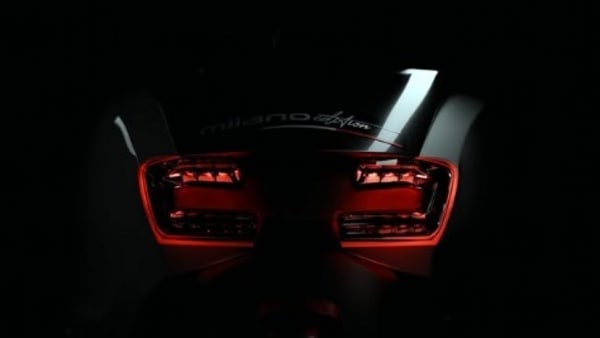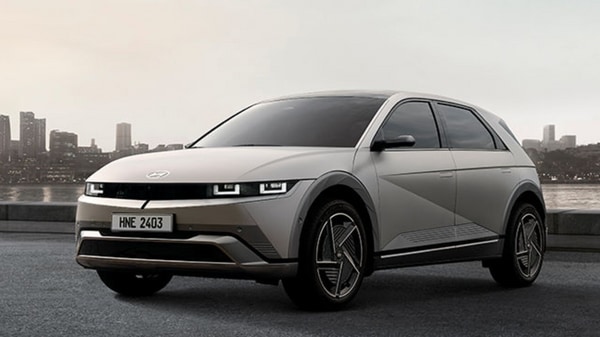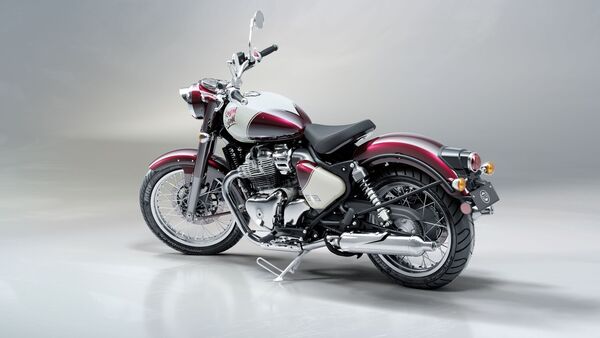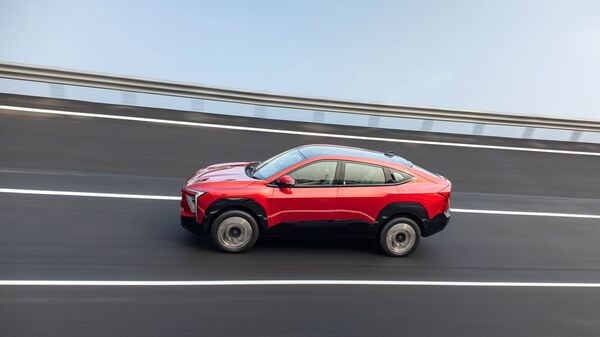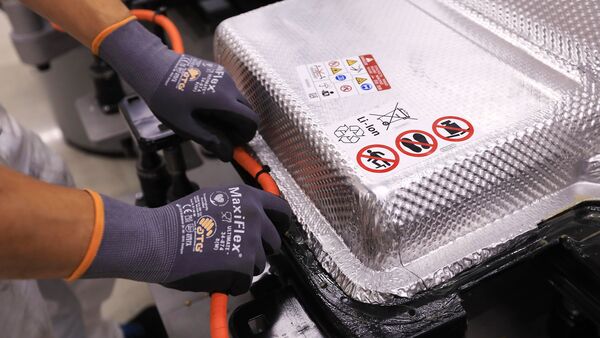
Different types of EV batteries confusing you? Here is a list of pros and cons
5 months ago | 5 Views
The advantages of a Lithium-Ion (Li-on) battery, outweigh the cons of it which is why it is used in most electric vehicles nowadays. Li-ion batteries can store a large amount of energy in a relatively small space, providing longer driving ranges. These batteries are lighter as compared to alternatives, improving the vehicle's efficiency and range. They have good cycle stability, allowing them to last several years with proper care. These types of batteries also support fast charging, reducing the downtime of EVs.
However, with Li-on batteries, the limitation of a high manufacturing cost comes into the picture, which contributes to the increase in the pricing of the overall vehicle. These batteries may also overheat, leading to safety issues like fire hazards if not managed properly. Not only this, but mining lithium and cobalt, essential for Li-ion batteries, has environmental and ethical concerns as well.
Lithium Ferro-phosphate (LFP) batteries tend to last longer with more charge cycles compared to standard Li-ion batteries. They also have better thermal stability and lower fire risks than other lithium-based batteries. These batteries are cheaper to produce, helping lower EV costs.
But, they are not all good, LFP batteries provide less range for the same weight compared to Li-ion units, making them less suitable for longer-range EVs. To match the performance of a Li-ion battery, an LFP battery would have to be much heavier.
Nickel-Metal Hydride (NiMH) batteries are durable and long-lasting, withstanding a lot of charge cycles. They don't contain harmful materials like cobalt and also perform well in various climates and temperatures.
The limitation of these batteries are that they tend to have lesser energy storage capacity, leading to shorter driving ranges. Another con of this chemistry include reduction of battery capacity due to frequent partial discharges. Also, NiMH batteries discharge at a faster rate when not in use as compared to Li-ion batteries.
Solid-state batteries are the talk of the town as they are the newest technology. These batteries have the potential for even greater energy density than Li-ion, providing much longer ranges for vehicles. They reduce the risk of leaks and fires because they use a solid electrolyte instead of a liquid one. These batteries are also expected to charge faster than traditional ones.
The drawback of this kind of battery is that at the moment, these batteries are not widely available and they remain expensive to produce. The technology requires special manufacturing processes, leading to a slow rate of mass production.
Lead-acid batteries are among the cheapest options, often used in older or low-cost EV models. They are safer due to their proven technology and resistance to overcharging.
These batteries are bulky and heavy, affecting vehicle performance. Lead-acid batteries have a very short driving range, making them unsuitable for modern EVs. They also wear out faster compared to other types, requiring frequent repair or replacement.
Read Also: Tata Tiago EV gets benefits of up to ₹75,000. Check details
HOW DID YOU LIKE THIS ARTICLE? CHOOSE YOUR EMOTICON !
#


